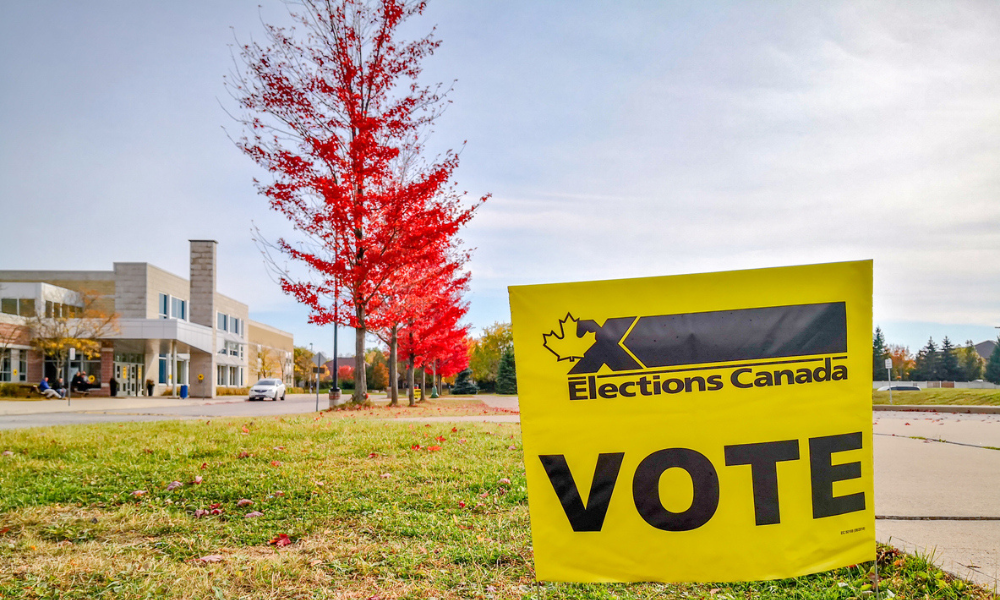Firms need to strengthen their anti-fraud programs

Several organizations have been growing more concerned with AI-generated deepfake scams as business leaders believe that it may continue to increase the risk of fraud, a recent study by KPMG found.
According to its survey, about 95 percent of leaders who have been victims of fraud were concerned about the increase of fraud risk in their companies because of deepfakes. About 91 percent were also concerned about how generative AI may give criminals more opportunities to use deepfakes to spread misinformation and disinformation.
Around 31 percent of firms that have experienced external fraud have admitted to having experienced being the target of misinformation or disinformation campaigns that involved individuals from outside the organization spreading false or misleading information on social media.
Most Read
About 84 percent of the respondents also expressed their concerns amid the current conditions of the economy, as it could cause their employees or customers to commit fraud out of sheer desperation.
“It’s not unusual for fraud to increase during a recession or times of economic uncertainty when people face financial difficulties, so the current environment could be driving some individuals to resort to committing fraud at work as an act of desperation,” said Enzo Carlucci, national forensic leader at KPMG in Canada.
Carlucci added that because of a remote setup at work, some people can commit fraud as they are not monitored closely.
“Respondents overwhelmingly told us the fraud landscape is becoming more complex, with 95 percent saying generative AI and social engineering scams make it easier for fraudsters to deceive, manipulate, misrepresent and conceal their crime,” said Carlucci.
“As fraudsters are becoming increasingly sophisticated in their attack methods, it’s more and more challenging to deter criminals. Organizations need to find new ways to strengthen their anti-fraud programs and stay one step ahead of scammers, or else they could be facing increased financial, legal, regulatory and reputational risk,” he added.
The KPMG survey involved 300 Canadian companies that have experienced fraud.










